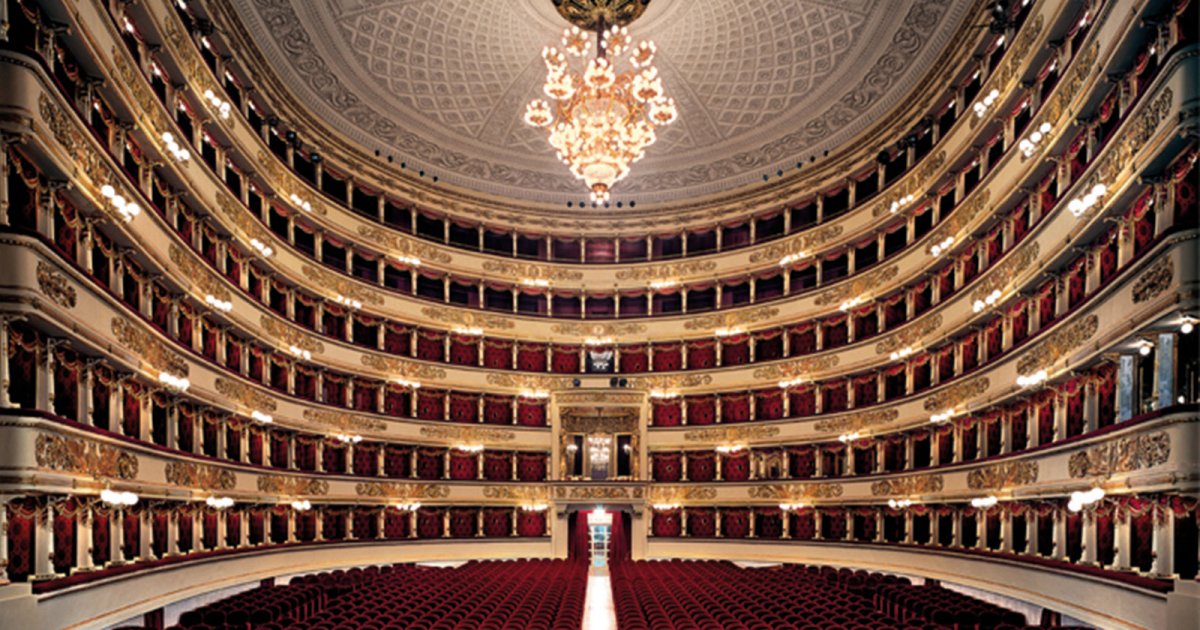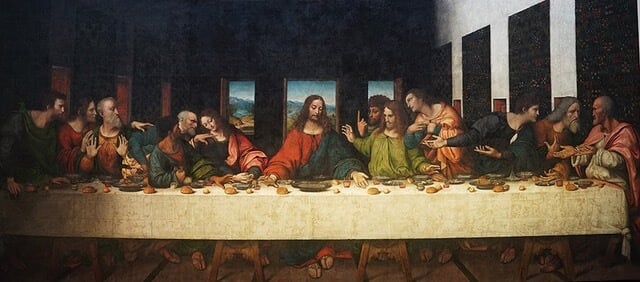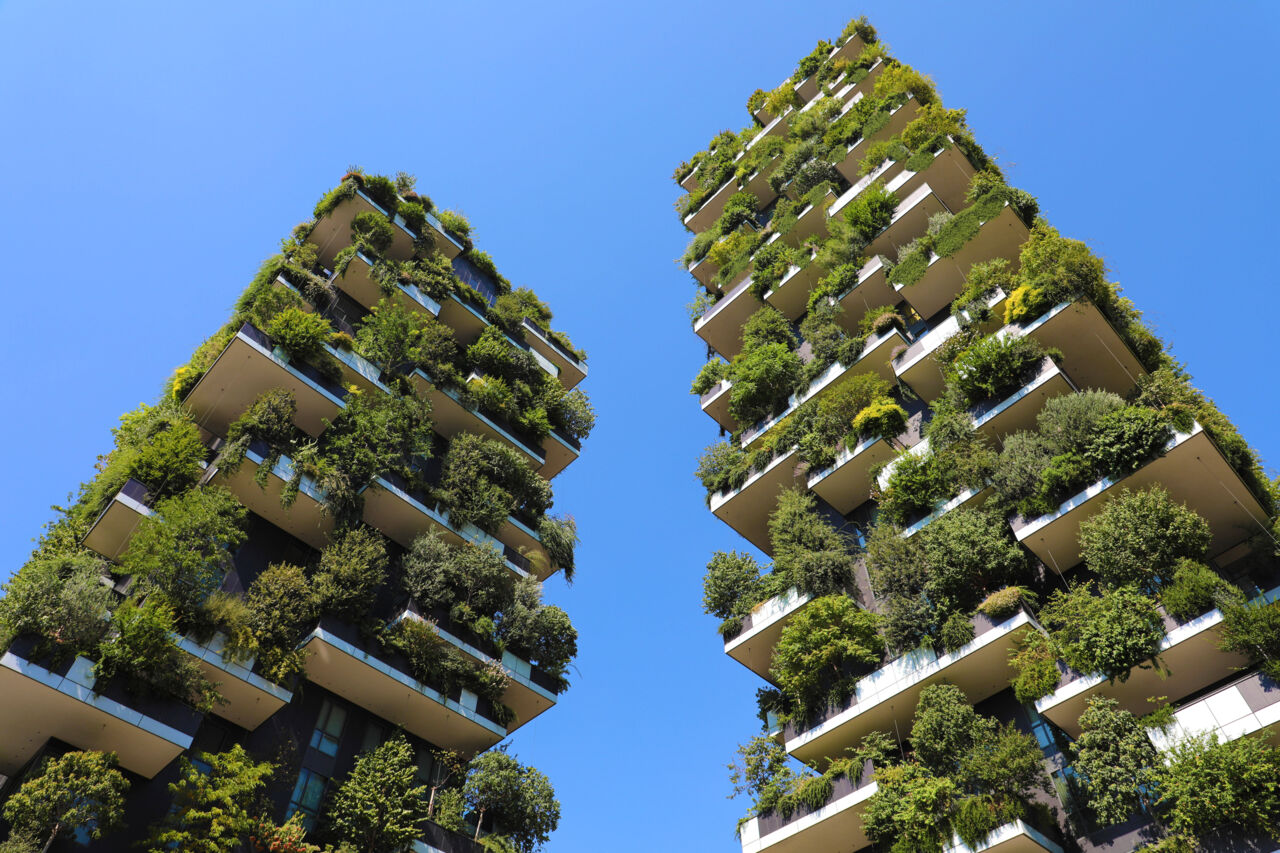
Itinerary
Day 106.09.2024Friday

Duomo Di Milano
The Duomo, symbol of Milan in the world, is one of the largest cathedrals in Italy and Europe. Patrimony of Milanese people and humanity, over the centuries it has been expressing, with its magnificence, the devotion of humanity toward the Divine, involving future generations in an endless commitment. The Milan Cathedral, besides being an artistic monument, is a privileged place of prayer, deeply linked to the memory and teachings of the Bishops who succeeded on St. Ambrose's chair, and to the history of the millions of worshippers who, every year, gather in this place to celebrate the Sacred Mysteries. The Cathedral is the mother Church of the Diocese, having a symbolic role of exemplarity both in the life of the city worship, and in relation with the Diocese activity.

Cathedral Square
Central plaza flanked by the cathedral, the Royal Palace & the Galleria Vittorio Emanuele II arcade.

Galleria Vittorio Emanuele II
The Galleria Vittorio Emanuele II is Italy's oldest active shopping gallery and a major landmark of Milan, Italy. Housed within a four-story double arcade in the center of town, the Galleria is named after Victor Emmanuel II, the first king of the Kingdom of Italy. It was designed in 1861 and built by architect Giuseppe Mengoni between 1865 and 1877.

La Scala
La Scala is an opera house in Milan, Italy. The theatre was inaugurated on 3 August 1778 and was originally known as the Nuovo Regio Ducale Teatro alla Scala. The premiere performance was Antonio Salieri's Europa riconosciuta. Most of Italy's greatest operatic artists, and many of the finest singers from around the world, have appeared at La Scala. The theatre is regarded as one of the leading opera and ballet theatres in the world and is home to the La Scala Theatre Chorus, La Scala Theatre Ballet, La Scala Theatre Orchestra, and the Filarmonica della Scala orchestra. The theatre also has an associate school, known as the La Scala Theatre Academy, which offers professional training in music, dance, stage craft and stage management.

Leonardo da Vinci's Last Supper
The Gothic brick church of Santa Maria delle Grazie. Its massive six-sided dome in the finest Early Renaissance style was designed by Bramante, one of Italy's most influential Renaissance architects. The church - and adjoining refectory, which holds Leonardo da Vinci's Last Supper - were badly damaged in World War II, and during the repair work, old sgraffito paintings in the dome were brought to light. At the end of the north aisle is the Baroque chapel of the Madonna delle Grazie, with an altarpiece of the Madonna.

Palazzo Reale di Milano
Sweeping staircases, regal hallways and artistic masterpieces at a grand 18th century palace.

Sforzesco Castle
Huge Medieval-Renaissance fortress with historical museums & art by da Vinci and Michelangelo.

Santa Maria delle Grazie
Terracotta Renaissance church with elaborate Gothic interior, home to Da Vinci's The Last Supper.

Bosco Verticale
9 Places
